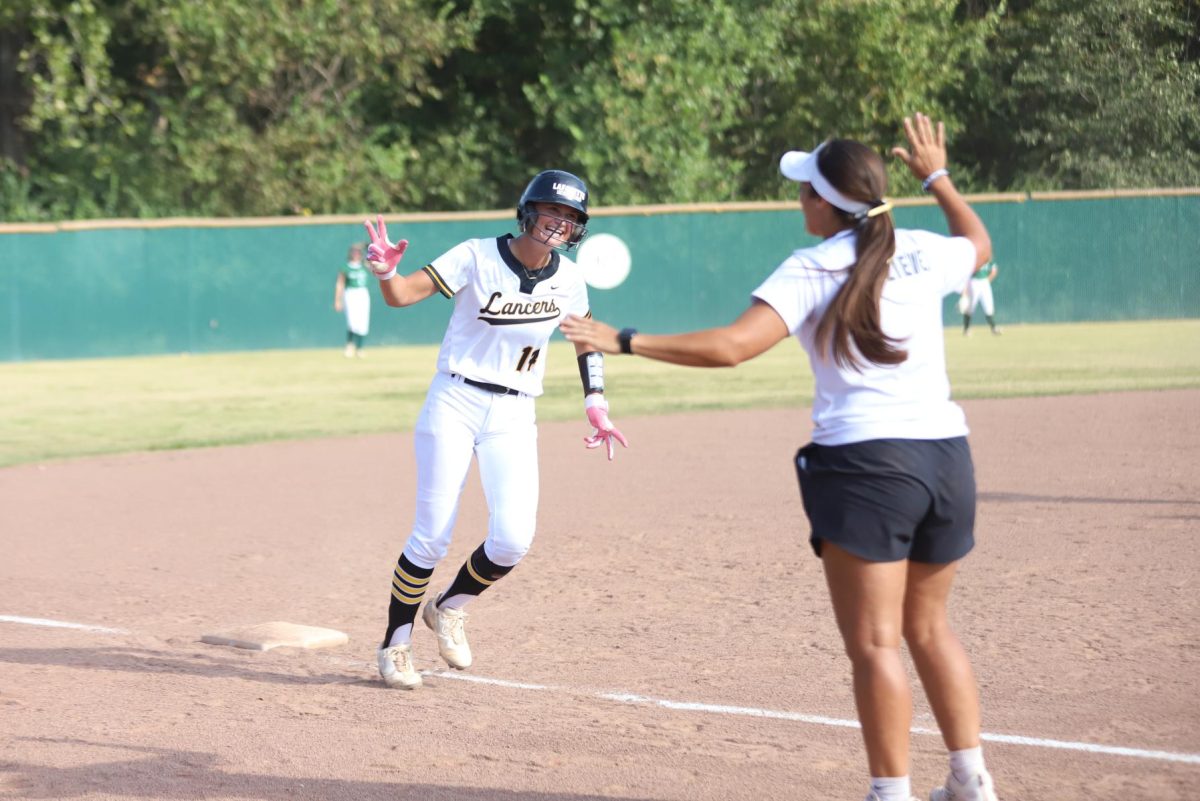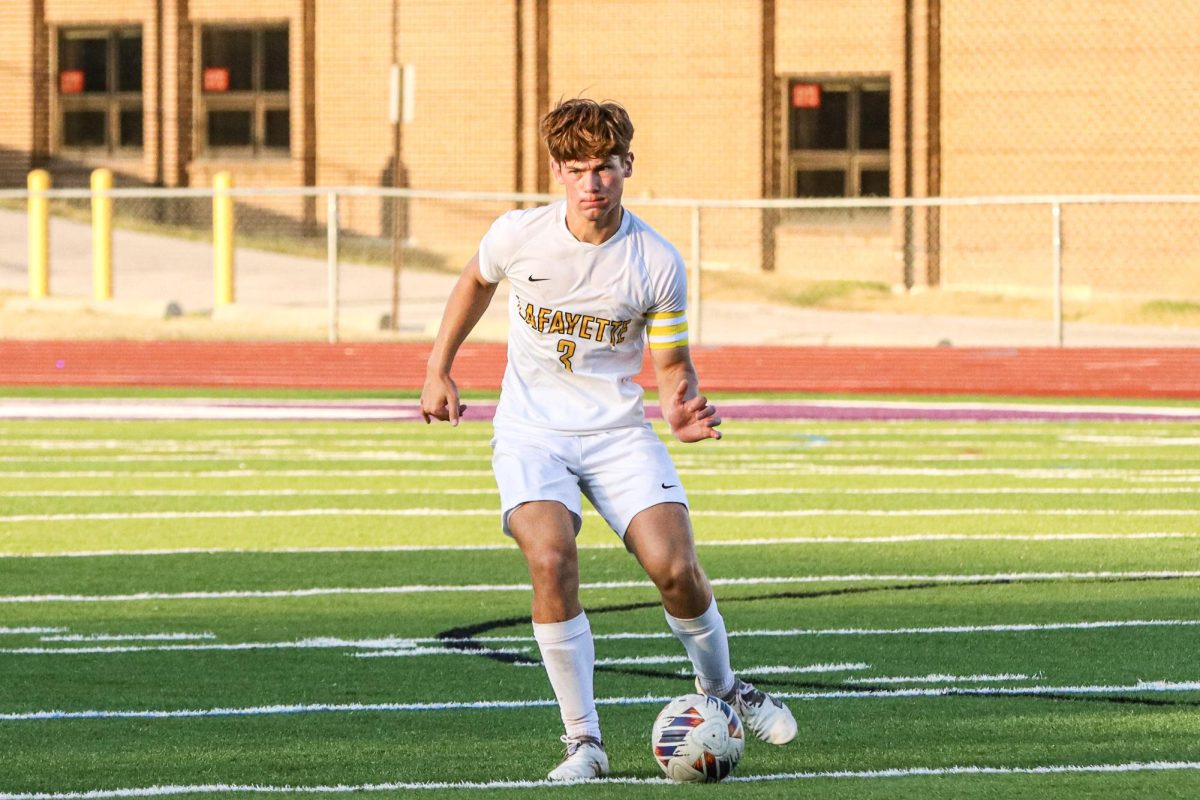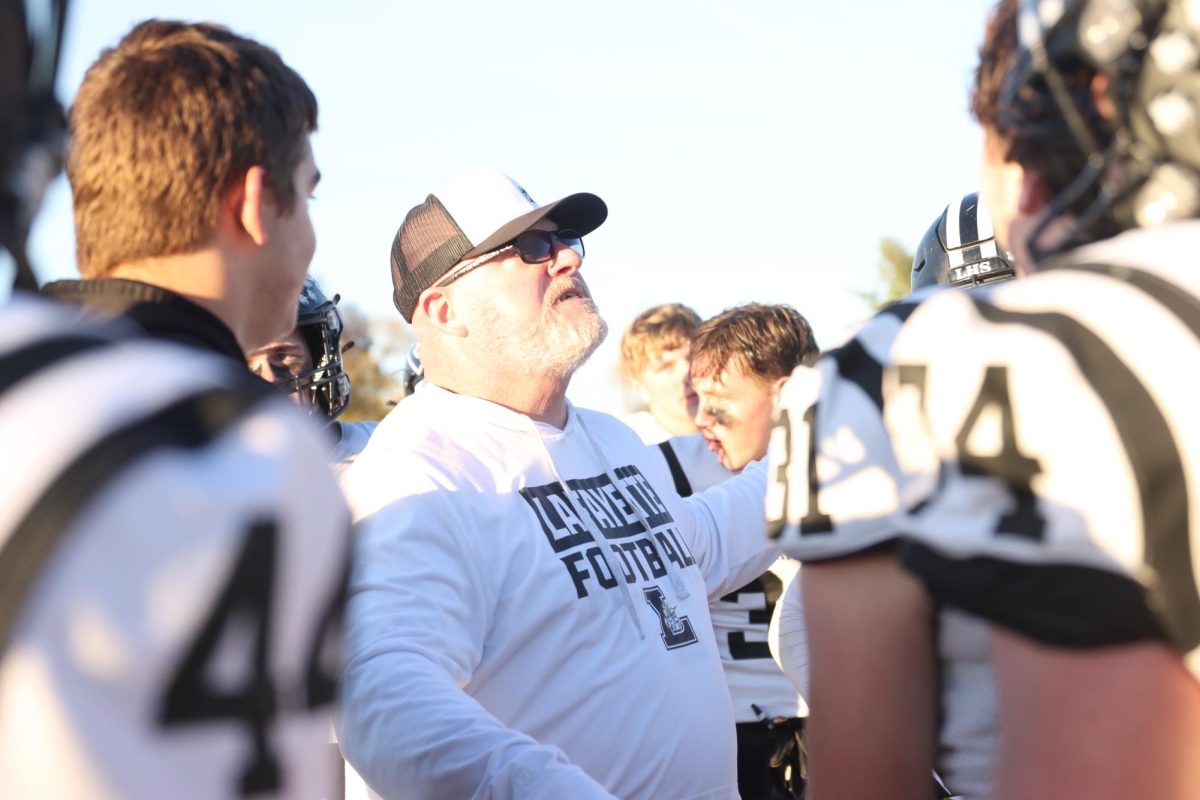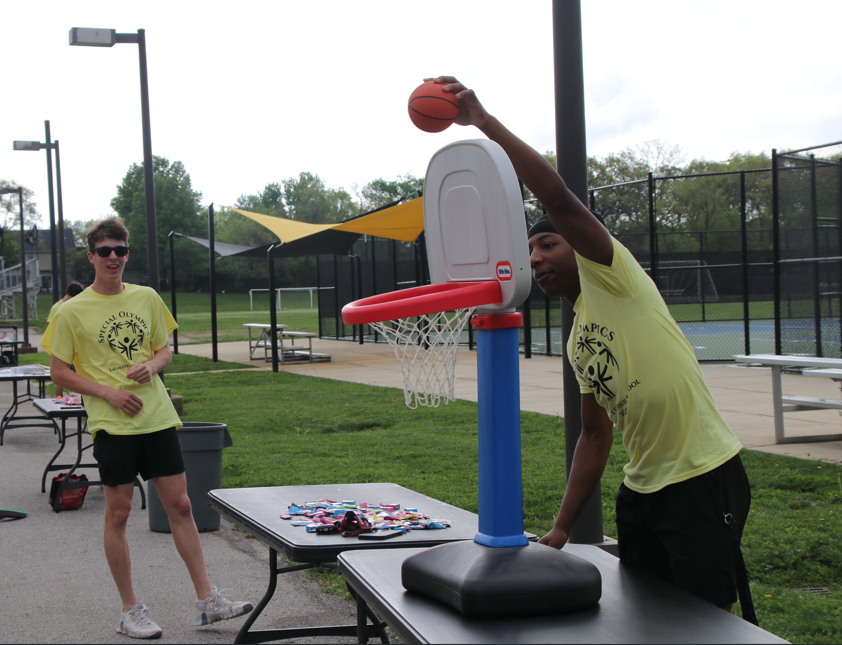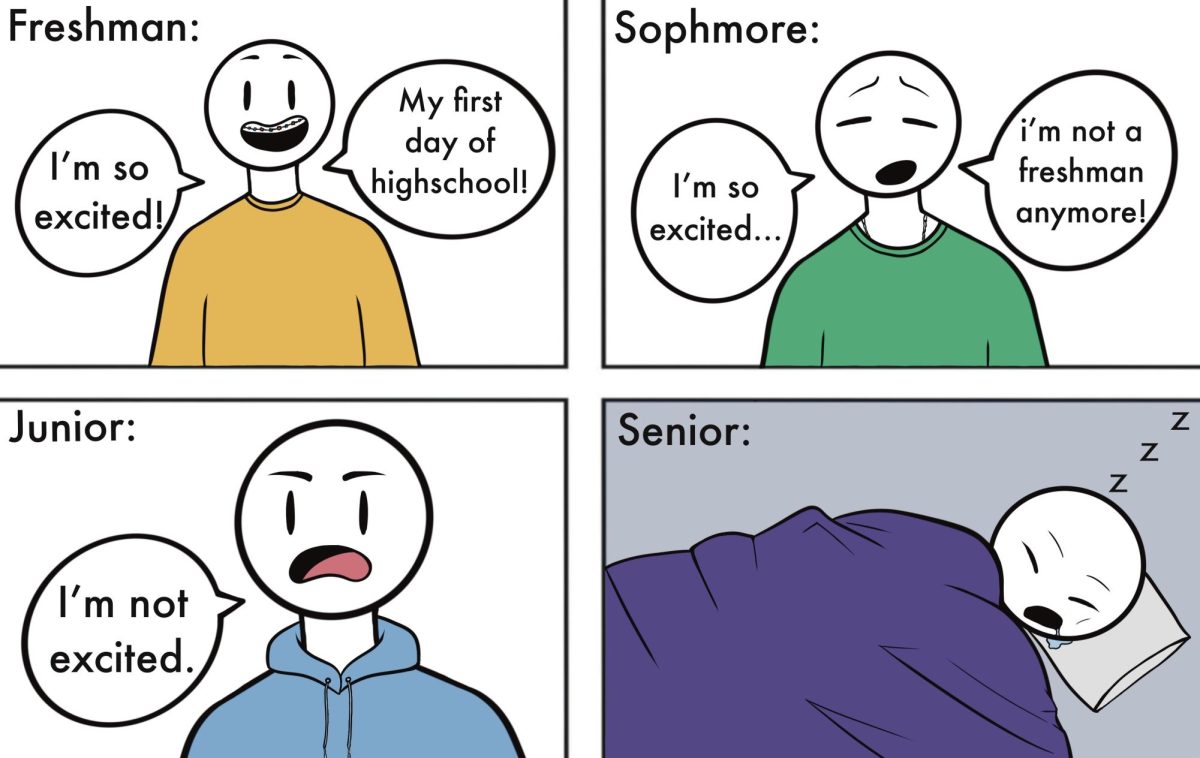As a child in the 2000s, I was practically raised by Nickelodeon stars on Victorious, iCarly and The Amanda Show. Coming home from school every day and being greeted by the same faces on the TV, I felt as though I knew the actors personally.
In reality, I had no idea what was happening off-camera.
The docuseries Quiet on Set, released March 17, explores the misconduct and assault faced by several Nickelodeon employees, from child stars to scriptwriters.
While some victims have received justice, with their abusers ending up in jail or ousted from the company, a number of them continue to fight for genuine repercussions as these abusers return to the industry.
On-Set Dan Schneider Accusations
In only four episodes, the series explores the experiences of a variety of Nickelodeon cast and crew members. One man referenced frequently throughout the docuseries is Dan Schneider, the executive producer for many popular shows, including The Amanda Show, All That, Zoey 101 and many others.
Schneider was fired from Nickelodeon in 2018 after an internal investigation and an alleged 7 million dollars in ‘hush money.’ The docuseries highlights complaints about Schneider’s sexualization of the child actors as well as the inclusion of inherently inappropriate content.
One of the memorable examples was his creation of a character for The Amanda Show named Penelope Taynt. Created as a rather blatant reference to a part of the body within the male private area, Schneider convinced Nickelodeon executives that the name held no relation to the body part, despite having told writers otherwise.
Another even more disturbing example is Nose Boy, a superhero character on the 1990’s sketch comedy show All That.
Nose Boy had a prosthetic nose and a costume featuring two large nose-shaped shoulder pads. A seemingly harmless joke. However, the noses featured on the costume were phallic-looking enough that when paired with a joke that left another character covered in clear “snot,” the actor, along with many others, felt as though the joke was inherently sexualized.
It is not uncommon for children’s media to sprinkle in a few subtle adult jokes to hook in parents and provide an extra layer of comedy. In the case of Schneider’s productions, however, the jokes are neither sprinkled in nor subtle.
I typically enjoy an adult joke here and there, but re-watching shows that once defined my childhood, I can’t help but feel disgusted and somewhat sick.
Simply seeing an extremely sexualized joke being performed by an unknowing minor is enough to create an intense feeling of discomfort, but hearing these actors reflect on the scenes they performed is nauseating.
The docuseries brings on so many previous child stars, that it forces the audience to understand that the effect of these jokes, and the discomfort felt by the actors is a widespread opinion.
Another complaint featured was Schneider’s tendency to try and replicate television for adults in a kid form.
Schneider created his child rendition of Fear Factor, through the introduction of on-screen dares on All That.
Whether it was asking children to put scorpions in their mouths, submerging them in a tub full of worms or dunking them in a vat of peanut butter, many of the actors have since spoken out about how scary and uncomfortable these dares were.
In the docuseries, All That cast member Bryan Hearne recounts a time he was covered in peanut butter head-to-toe, asked to lay on the ground and then had a dozen dogs released to lick the peanut butter off his body.
Not only is such a dare inherently sexualized, it is simply uncomfortable. Both for the child actor who felt as though he could not refuse the dare, and for the audience who watches a visibly hesitant child be put in such a vulnerable position.
Hearne himself states in the docuseries how unpleasant such a scene was at the time of filming, and how disgusted he feels watching it as an adult.
Support Staff Dan Schneider Accusations
Off-screen, Schneider presented a number of issues for crew members.
Writers for The Amanda Show recall Schneider treating them differently simply for being women.
One example is that of Jenny Kilgon and Christy Stratton, who were hired onto The Amanda Show as a writing team and were then forced to share a salary.
Because of this, Schneider often referred to them as ‘the girls’ rather than addressing them by their names.
The things he did, whether telling them to yell out derogatory phrases such as “I am an idiot” or creating odd challenges for money, are repulsive.
The first episode of the docuseries includes each woman recalling different events that took place in the workplace at the hands of Schneider.
Stratton recalls a time when Schneider dared her to eat two pints of ice cream in 30 minutes with the promise of a $300 reward. Hurting for money, Stratton takes on the bet, eats the ice cream, and is vomiting by the end. Schneider never pays her, and berates her when she makes a lighthearted joke about his ‘tab’.
Stratton eventually left the crew, leaving Kilgon as the only female writer. Facing comments from Schneider about how women aren’t funny or questioning if she used to be a phone sex worker, Kilgon gets fed up and quits. She then launches a lawsuit against Schneider for gender discrimination which she ultimately loses.
It wasn’t until the #MeToo movement gained popularity that a number of women reached out to the union, leading Nickelodeon to launch an internal investigation that would result in Schneider’s termination.
It’s upsetting that it took a worldwide movement for the company to finally take initiative and investigate accusations against Schneider. Schneiders’s instrumental role in creating so many hit Nickelodeon shows should not have allowed him to evade punishment for so long. It is unfair to all the women Schneider may have worked with previously, and it is especially unfair to the women such as Kilgon, who did their due diligence, reached out and tried to hold Schneider accountable.
Dan Schneider’s Rebuttal
Schneider himself is never featured in the docuseries but a number of statements from him are. Many of his statements deny all allegations made against him.
While these statements were likely included for legal reasons, as no lawsuit has successfully charged Schneider with any workplace misconduct, they create a sort of ‘he said-she said’ feel to many of the accounts featured in the documentary.
Following the docuseries’ release, Schneider sat down for an interview with BooG!e, the actor who played T-Bo on Schneider’s show iCarly.
The statements made by Schneider during this interview have a much different tone than those featured in the documentary.
In the interview, Schneider not only owns up to many of his past actions but frequently apologizes for mistreating workers and making child actors uncomfortable.
The argumentative nature of his documentary statements compared to the apologetic tone he uses in the interview makes me question the intentions of such apologies.
It seems as though the only reason he is owning up to his actions is that there are so many first-hand accounts shared in the docuseries.
His apologies seem less genuine and more of a last-ditch effort to hold on to the reputation he is attempting to rebuild.
Without taking into account the interview, separate from Quiet on Set, Schneider’s statements throughout the docuseries are easily refuted.
The number of victims that describe on-set verbal abuse and workplace misconduct from Schneider is more than enough evidence to combat Schneider’s denials.
With a lack of legal standing to prove such accusations, I can see how some people could simply brush off the accounts as attempts to ruin Schneider’s career as there are undeniably false claims made against more well-known people.
However, I feel as though evidence does not always have to be presented in front of a judge for it to be substantial. There are a number of reasons that women would refrain from taking legal action, whether it be a power imbalance that could get them fired or simply that they feel no one would believe them.
To assume every accusation against a celebrity is a lie is not only ignorant, but it perpetuates the violent atmosphere that keeps women, and any affected party, from wanting to speak out in the first place.
So many first-hand accounts of Schneider’s misconduct should at the very least keep him from working in the industry again, however, in 2021 Schneider announced his return to TV production.
Allowing Schneider to return to the industry is a slap in the face to the numerous employees who spoke out about his actions, many of whom were blacklisted from working at other networks or left the industry altogether as a result.
To put Schneider back in the director’s chair does nothing but give him the same power that he previously abused and make it easier for him to do it again.
Physical Abuses
After exploring some of Schneider’s more uncomfortable tendencies surrounding lewd jokes and innuendos, the series shifts to discussing the physical abuses carried out by various crew and cast members on Nickelodeon productions.
A production assistant, Jason Handy, was convicted and sentenced to six years in prison in 2003 with a felony charge for lewd acts with a child under 14, a felony charge for distributing sexually explicit material and a misdemeanor charge for sexual exploitation of a minor.
Quiet On Set features the mother, MJ, of one of the two children who testified in court against Handy. Handy had befriended MJ’s daughter after she acted as an extra for an episode of The Amanda Show, exchanging emails with the girl. In the docuseries, MJ recounts the moment when her daughter received a sexually explicit photo of the man over email.
Although MJ did not contact the authorities, other victims of Handy did, and eventually, authorities reached out to MJ asking her daughter to testify. Following the trial, MJ said she never received any sort of apology from Nickelodeon, but rather that the whole situation was swept under the rug.
This would be the case for another Nickelodeon cast member, Brian Peck, who would be arrested for 11 charges surrounding sexual exploitation of a minor on Aug. 19, 2003. Peck would later be sentenced for only two of these charges.
The big question of many Nickelodeon employees was who the victim was. There is a moment at the end of the second episode where All That director Virgil Fabian asks “It wasn’t dealing with anyone on the shows right? [Producer replies] ‘It was a child actor.’ On one of our shows?”
A cut to a dark room shows Drake Bell silently walk out and sit in a chair. The screen fades black and queues the next episode. While this clip is only about five seconds in total, it feels so much longer. Drake Bell is so well known for his presence on Nickelodeon that it squashes any detachment viewers may have felt from the previous stories shared by lesser-known actors. Not because their stories were any less important or appalling, but because Bell’s presence on so many notable Nickelodeon shows has made him into a household face for many 2000s kids.
I never grew up watching Drake and Josh or any of Bell’s more popular shows, but I saw enough clips of him on TV that he helped define my idea of childhood television.
The docuseries does not go into detail about the abuse Bell faced, with Bell himself stating, “Think of the worst things someone can do to someone as a sexual assault and that will answer your question.”
Rather than focusing on the acts themselves, the docuseries follows Bell’s explanation of the events prior to the abuse and immediately following it. Bell says that the years during the abuse, though filled with a number of exciting and happy events, are a blur, overshadowed by the trauma he experienced, which then sent him into a spiral of alcohol and substance abuse.
While the lack of detail makes the story extremely vague and occasionally difficult to follow due to the quickly progressing timeline, I can’t truly find it within myself to fault Bell or the producers.
With such a sensitive topic, especially one that Bell himself had never shared publicly, it’s hard to fault him for withholding some of the more gruesome, explicit details. While I can see how this could potentially seed doubt in the minds of some, it is only fair that we afford celebrities the same courtesy that we afford everyday people.
Perhaps one of the most devastating stories in the documentary is that of Bell telling his father about Peck’s arrest. Bell remembers his father saying “I am so glad he was not able to get his hands on you,” and the absolute grief in Bell’s face is palpable as he says he did not have the heart to tell his dad that he was wrong.
The interviews with Bell’s father are equally upsetting. There are multiple moments throughout the series where Bell’s father chokes up or breaks into tears altogether.
These moments feel so vulnerable and so raw. Any doubt that could have possibly found its way into my mind because of Bell’s understandably vague retellings was immediately squashed by the emotion.
Nickelodeon’s Inaction
One thing that unsettled me throughout the documentary was the seeming lack of effort put in by Nickelodeon to protect their child actors.
At the end of each episode, a statement from Nickelodeon ensures that since these events, numerous “safeguards” have been put in place to create safe and comfortable environments for child actors.
While it is great that these safety measures have been put in place, they are policies that should have been enacted and enforced long ago. Companies do not deserve praise for doing what should already be expected of them.
Protecting current child actors is so important, but that does not erase the trauma of over a decade of now adults who were sexualized, verbally abused and assaulted by trusted adults.
With such compelling stories, I would have been perfectly content staring at a black screen for the entire three-hour runtime. But the way the docuseries was shot only furthered the incredibly immersive recounts given by Nickelodeon workers and former child actors.
Featuring numerous photos and snippets of the referenced shows, each uncomfortable example or claim was immediately followed by scenes that aired on Nickelodeon.
Not only did this serve to strengthen the argument made by many of the interviewees, but it immersed the audience into this sort of emotional rollercoaster, grappling between the incredible novelty of being famous so young, and the detrimental effects on actors’ mental health.
Quiet on Set is available on Discovery+ and HBO Max. A fifth episode of the docuseries will premiere April 7.







